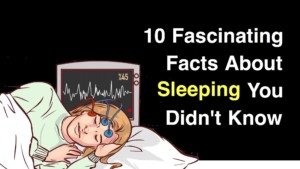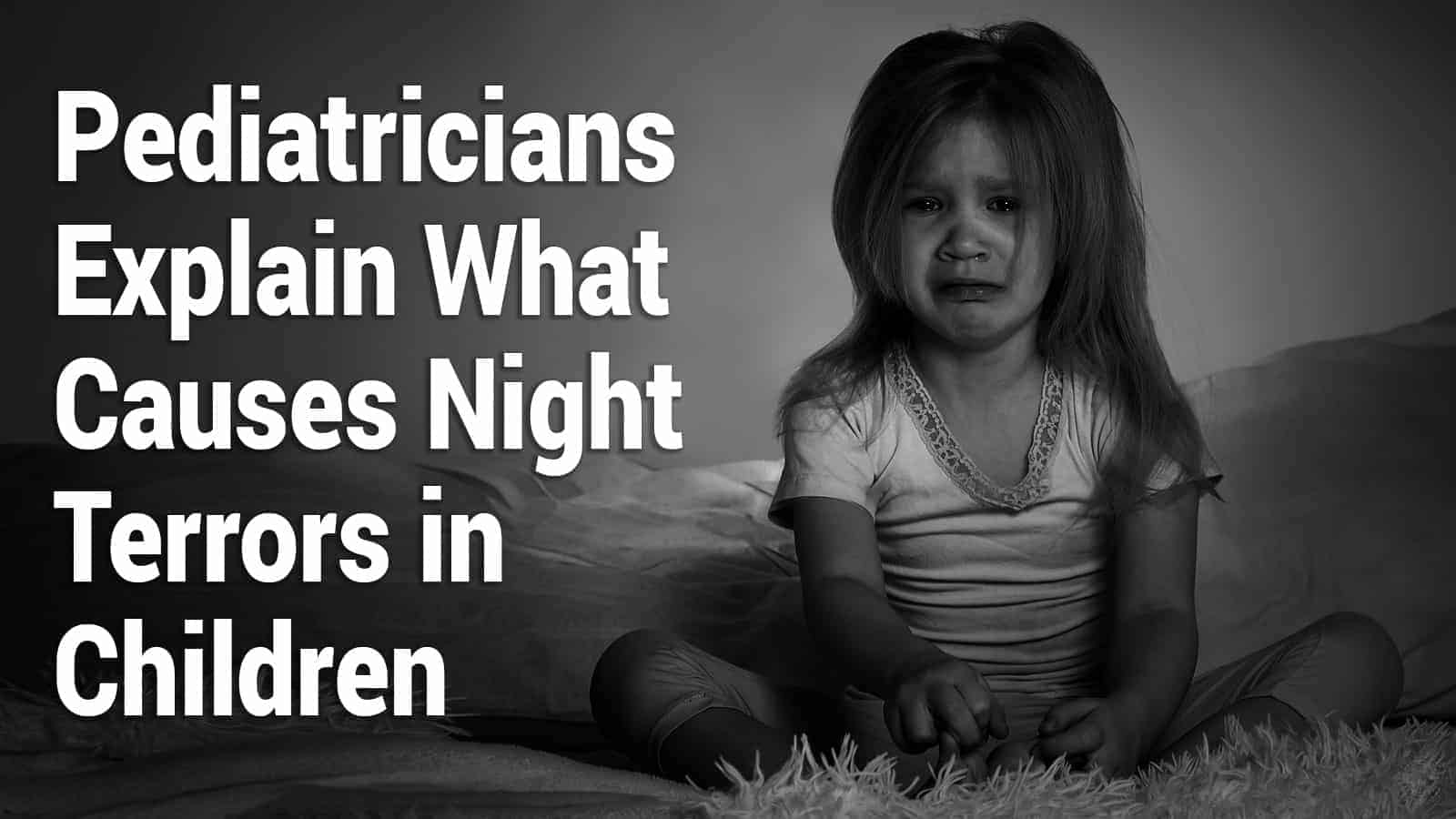Do you dread putting your children to bed because they struggle with night terrors?
Every day when the sun goes down, and the darkness arrives, millions of children get ready for bed. Their parents might tuck them in and even read them a story. Sometimes parents will also say a prayer with their kids. The old prayer: “Now I lay me, down to sleep, I pray to the Lord, my soul to keep. If I should die, before I wake, I pray the Lord my soul to take” stemmed from a perceived need to protect kids through the night.
Here is the question. From whom or what did kids need to be protected? Children might have perceived a need to be safeguarded from the boogeyman, monsters in their closet, and things that go bump in the night. Of course, this was all a part of their imaginations. However, this prayer also safeguarded them from the horrors of night terrors.
Scary dreams can be extremely frightening for a child. However, nighttime terrors make dreams more horrifying. Bad terrors of the night often seem like they’re real. While the visions are not real, they are so intense and lifelike that the mind perceives them as reality. Parents, you must not be afraid. Your child can overcome their nighttime terrors. Pediatricians are one type of authority on this issue. They can help you to understand better what causes nighttime terrors in kids. Once you have this information, you will be able to help your child to navigate this dreadful condition.
An Overview of Night Terrors
There are 74.2 million kids in America. Many of these kids don’t experience any problems with sleep terrors, which is another name for this condition. Kids Health states that up to 6% of all little ones deal with this issue. This means that nearly 4.5 million kids will have to contend with nighttime terrors. Estimates show that 85% of all adults have nightmares, and the numbers are about the same for kids. However, night terrors are more extreme than nightmares.
Let’s put the statistics into an even clearer perspective. If we placed all the kids who suffer from sleep terrors into a city, it would equal the population of Los Angeles. This is a lot of children who frequently endure intense bad dreams every night. Toddlers are generally not included in this group.
Parents are understandably upset at this predicament. They want to help their kids to have peaceful dreams and proper rest. They wish they could somehow protect their little ones from fear of bad dreams. Moms and dads must realize that this situation is entirely out of their control. Sleep terrors are something that a child must overcome on their own. Still, dads and moms can assist the process.
How do night terrors happen to kids?
Many pediatricians agree that sleep terrors typically happen to young people who are stressed, overtired, ill, and who experience trauma. Night terrors can also occur in a tired child or one who is stressed or suffering from a sickness. When kids don’t get enough sleep, this frightening condition can happen. It can also result from some trauma, but we’ll address that issue later. Minors who often sleep away from home or in new environments can deal with sleep terrors. There are other factors that lead to people having nighttime terrors. Infant and toddlers typically don’t have this problem.
The Sleep Foundation reveals that both sexes are prone to this issue. Underlying medical conditions or substance abuse can also trigger this problem in kids. Sleep disorders, mental health issues, and drug or alcohol usage can lead to this problem as well. Unfortunately, some young people do use drugs and alcohol, and sleep terrors could be a side effect of their habit.
 Sleep Stages and Other Reasons for Night Terrors
Sleep Stages and Other Reasons for Night Terrors
When people go to sleep, they usually sleep in stages. There are four stages of sleep. Stage 1 is the first level. People typically sleep very lightly during this stage. It is generally easy to wake someone up at stage 1. This is also the early stage of non-rem (NREM) sleep. The brain is also very active during stage 1. By the time a person reaches stage 2, their mind slows down, and it becomes harder to awaken them.
Once a sleeper reaches stage 3, they are in the deepest part of NREM sleep. When a person arrives at stage 3 sleep, it is also impossible to awaken them. Stage 4 is known as REM, and a person can quickly wake up. People who are in this stage have frequent brain activity. How does all of this relate to your child’s sleep terrors? Let’s find out.
Most kids will have their sleep terrors as they transition from stage 2 into stage 3. After going into stage 3, the nighttime terrors will take place. This is the reason why it’s so hard for people to wake up a child who experiences sleep terrors. They are stuck in the deepest part of the sleep cycle when they happen. Brenner Children’s also inform us that sleep terrors will occur because of fear associated with transitioning from one sleep stage to the next. Once again, babies and toddlers usually won’t experience these problems.
 How does a child display the symptoms of sleep terrors?
How does a child display the symptoms of sleep terrors?
Night terror symptoms can be frightening for parents. All parents will become alarmed or worried when they see their kids behaving strangely in their sleep. Hearing your child scream out loudly or thrashing their body around will cause any parent concern. Some kids will sit up in bed, staring wildly off into space at something. Their pupils could be dilated, and a look of horror can show up on their faces. This scene can terrify you because you cannot wake them up, and they seem like something else is in the room with them – and you.
Sweat will sometimes drip from their face, or they might have heavy breathing. A racing pulse or a flushed face is not uncommon for people experiencing sleeping terrors. Some parents will even see their kids sleepwalking. In some situations, some parents have watched their kids sleepwalk like they were moving toward some strange being. Stranger yet, some parents have witnessed their kids talking to someone while they were sleepwalking. Their conversations and movements were usually dreadful and very disturbing to watch. These are some of the primary symptoms that kids will display when they have sleeping terrors.
What can you do to help your child get to overcome these frightening experiences?
The Children’s Hospital of Los Angeles tells parents that they should never wake up their child when they’re going through a sleep terror experience. They also caution parents against restraining them as well. They say this because you can end up doing more harm than good when you take these actions. Parents, we understand that it will be hard to sit by and watch your child suffer through this event. The best thing that you can do is to keep them safe. You should comfort them and make sure they can’t hurt themselves or others while their sleep terrors play out.
Can a psychologist help your child with sleep terrors?
Psychologists are aware of mental health conditions and their impact on a person’s ability to sleep. They also understand that many people suffer problems with sleeping because of a traumatic experience. Sleep terrors can result from poor mental health and a traumatic situation. People that go through traumatic experiences usually suffer from neurochemical changes, which causes them to release stress hormones such as adrenaline and cortisol while they sleep. These two chemicals can impact a child’s brain and contribute to kids dealing with night terrors.
Don’t Show your Child Scary Movies Before Bed
Showing your kids scary movies or telling them about modern-day boogeymen such as Freddy Krueger, Michael Myers, Jason Vorhees, the Chucky Doll, and the killer clown It. Kids might find these frightening characters entertaining and fun. Still, these are terrible fictional characters that create a lot of dread for children when they sleep at night. They, too, can contribute to nighttime terrors. Demons and devils inspire many horror films today. These types of movies can also add to this problem. Sometimes, kids are so scared after watching them that they go bed thinking about what they just saw. They could easily have a terrifying sleep experience because of them.
Final Thoughts: How to Manage your Child’s Sleeping Terrors
Don’t forget; there is no cure for night terrors. Remember, most kids simply outgrow them. Kids can have sleep terrors when they’re, three and they could last until they are 18 or older. However, most kids will outgrow them by the time they’re 13. In the meantime, be patient and make sure you protect your child through this ordeal.
Parents, you should also figure out if your child is going through some mental health issues. Mental health problems are becoming more common for kids in modern times. Since they are, you should make sure that you are seeking out psychological help for situations such as anxiety, depression, or even suicidal thoughts. Did you know that many kids dealing with suicidal thoughts often have sleeping terrors? You should try and correct any underlying mental health conditions that cause your kid to experience night terrors.



















